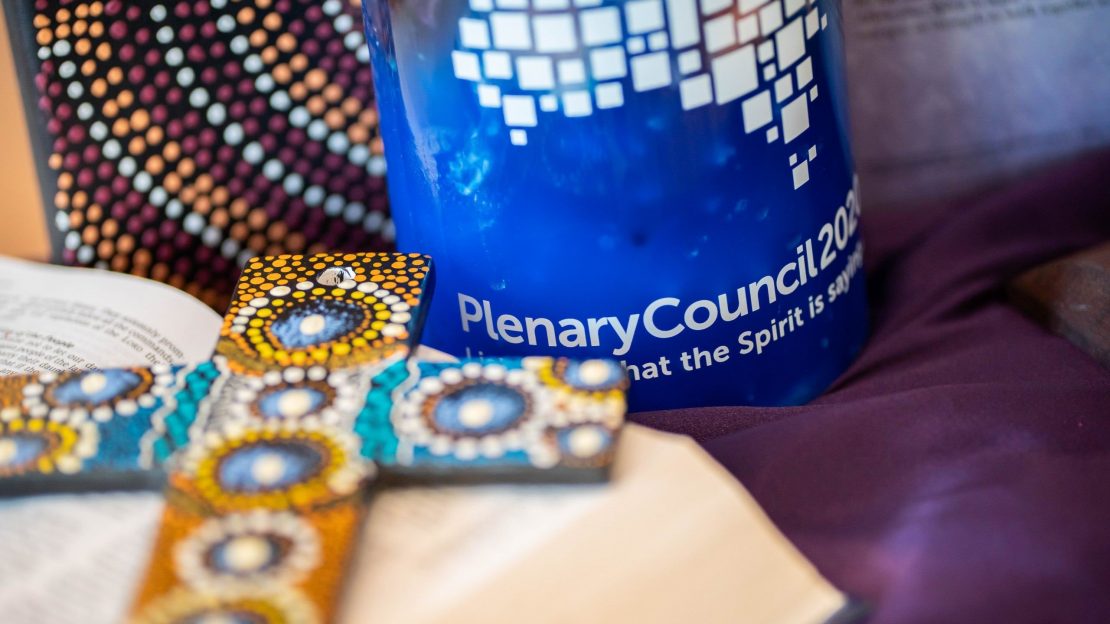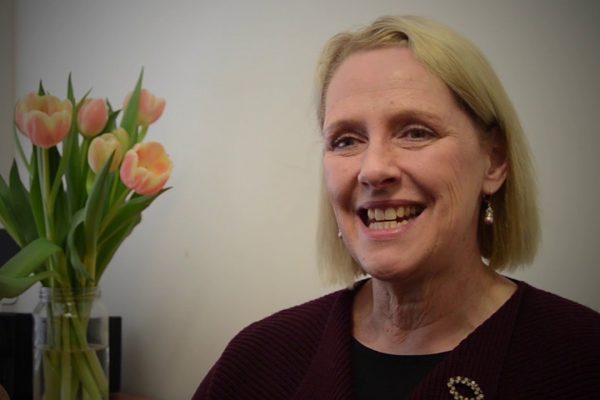Synodality and the Australian Plenary Council
Over the last weeks in this series, we have been looking at the issue of synodality. This week we will bring this series to a close by summarising what has gone before.
Synodality is a new word for most Catholics and it is an important word for the Church’s future. It is about a different way of being the Church characterised by a greater participation by all the faithful. There have been instances of it throughout the history of the Church but the new context in which we are now living is asking for it to take a new form. This form is not just a matter of the role of the bishops and other leaders in the church but of the whole People of God.
This is not easy to achieve and will take time, energy, goodwill, and the help of people with expertise in organisation. It will take time for people to become accustomed to this new way of working and of being in the Church; it will take time for bishops and priests to become accustomed to this new way of working together and being together.
It is not really an exercise in democracy in the sense that everybody will have a vote and the majority will win! Rather it is an exercise, as we saw last week, in genuine listening and in going beyond our own way of thinking and acting (which is the meaning of conversion). Synodality involves the emergence of a consensus through listening to the Word and to each other. Such listening is the opening of a door to the Holy Spirit.
It is also an exercise in saying what we really think. This was exemplified in the two Synods of Bishops on Marriage and the Family. Pope Francis did not want the bishops to rubber stamp whatever had been written beforehand but to genuinely get down and say what they thought whatever other peoples’ reactions may have been. That was the reason for that Synod having two sessions a year apart – to give time for thought and discussion on the topics raised.
The Australian Plenary Council is seeking to be an exercise in synodality. It involved discussion groups in parishes and other Catholic communities throughout the country and the gathering and sorting out of the responses received. These documents would then be a basis for discussion in the sessions of the Council. The process behind the Plenary Council was not perfect but it is a start towards a new way of being together as the Church to which we are being called by Pope Francis.
By Fr Frank O’Loughlin
Towards the Plenary Council Parts One to Seven are available on the Parish Blog.




Comments
Add Comment